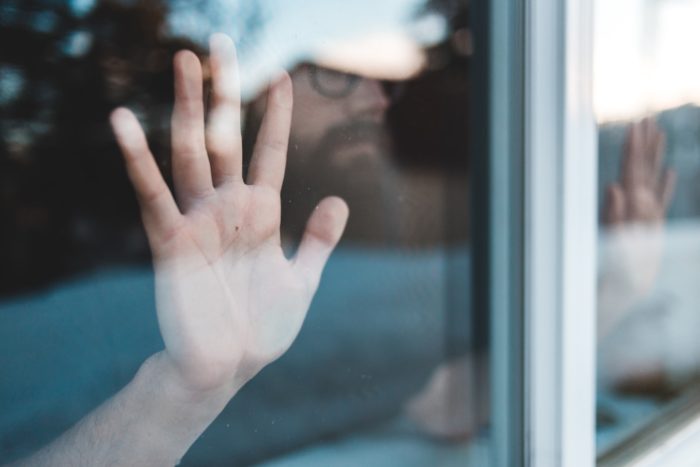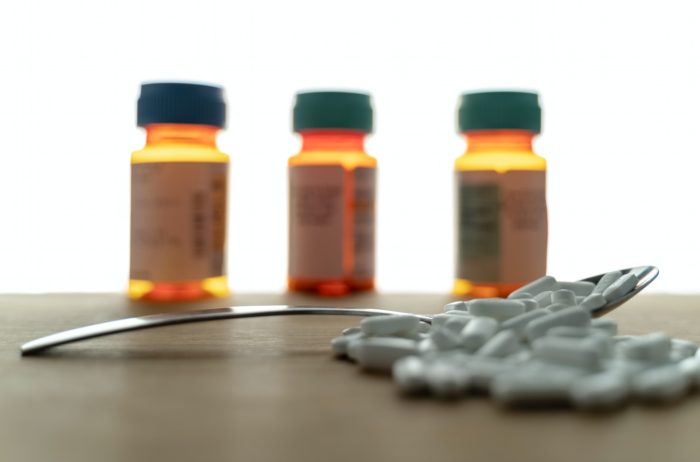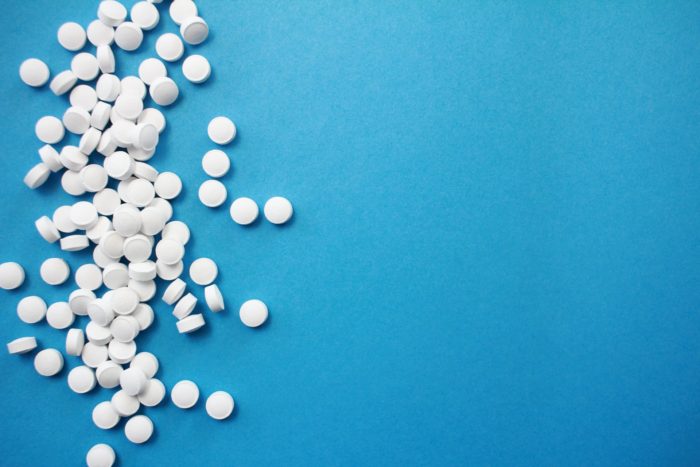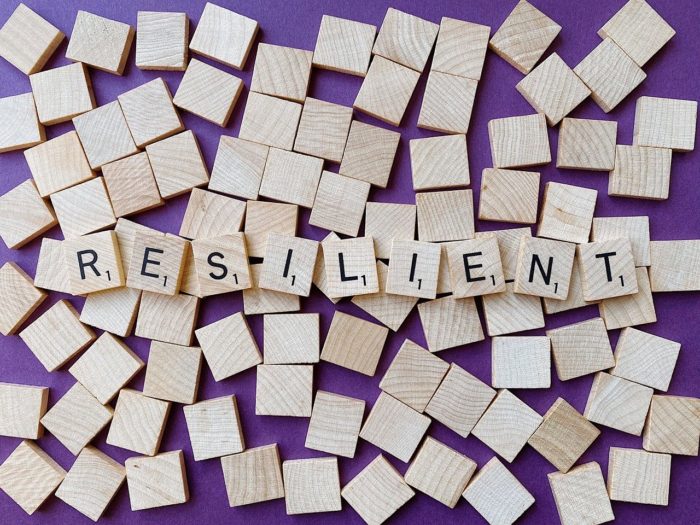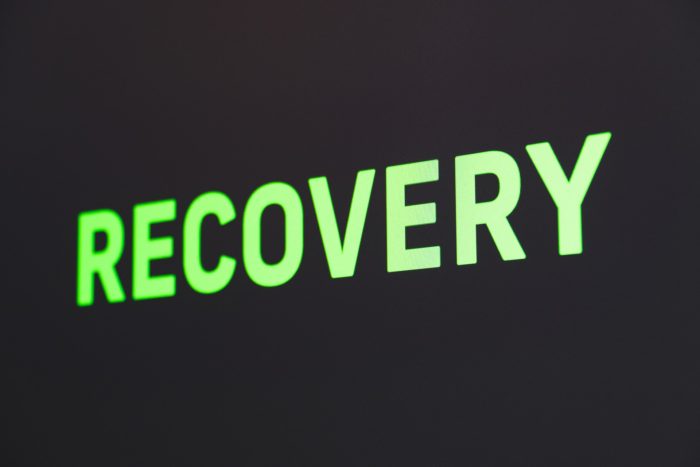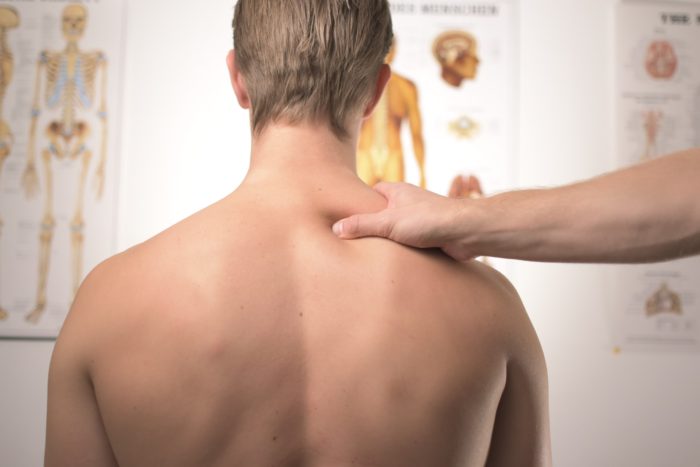Long-term Use Of Opioids Has Been Found To Make Chronic Pain Worse

If I were to tell you that your chronic pain is a result of something that is going on in your brain, you might want to “brain me.” But, in fact, this is something that researchers are discovering and bringing to light as the opioid crisis continues to spiral out of control.
The Reward Of Opioid Addiction Is More Pain
According to researchers in a recent article, “New evidence suggests that the body’s reward system may be more important than tissue damage in the transition from acute to chronic pain.” The article explains, “By reward system, they (the researchers) are referring, in part, to the endogenous opioid system, a complicated system connected to several areas of the brain. The system includes the natural release of endorphins from pleasurable activities.” https://neurosciencenews.com/opioid-chronic-emotion-pain-17507/
It turns out that emotional and chronic physical pain are “bidirectional” meaning they function in two directions. Endorphins are natural opioids produced in the brain. They are part of the brain’s pleasure and reward system. According to researchers, “When this reward system is damaged by manufactured opioids, it perpetuates isolation and chronic illness and is a strong risk factor for depression. Rather than helping the pain for which the opioid was originally sought, persistent opioid use may be chasing the pain in a circular manner, diminishing natural rewards from normal sources of pleasure, and increasing social isolation,” and ultimately increasing chronic pain. https://neurosciencenews.com/opioid-chronic-emotion-pain-17507/
Use Your Brain Instead Of Letting It Use You
Recent research suggests emotional pain activates many of the same limbic brain centers as physical pain. This appears to be especially true for the most common chronic pain syndromes – back pain, headaches, and fibromyalgia.
According to this article, the authors state, “Physical injury and social rejection activate similar brain centers. Many of the patients who use opioid medications long term for the treatment of chronic pain have both physical and social pain, but these medications may produce a state of persistent opioid dependence that suppresses the endogenous opioid system that is essential for human socialization and reward processing.” Importantly they state that, “Recognition of the social aspects of chronic pain and opioid action can improve our treatment of chronic pain and our use of opioid medications.”
https://neurosciencenews.com/opioid-chronic-emotion-pain-17507/
This leads me to the mind-body connection and those who have been beating the drum for decades to little or no avail. It’s about time for the mainstream medical industry to catch up with the mind and its role in pain. One of the most prolific and profound proponents of helping people overcome chronic pain without drugs or dangerous surgeries was Dr. John Sarno. He was professor of Clinical Rehabilitation medicine at the New York University School of Medicine and author of numerous books on the mind-body connection. His most popular book is called Healing Back Pain, The Mind-Body Connection. Dr. Sarno is no longer alive, but his work is being continued. I recommend Dr. Sarno’s work to anyone in chronic pain.
Stop The Pain Stop The Drugs
Opioids may trick the brain into forgetting the pain better early on, but over long-term use, opioids wreak havoc on the physical body as well as psychological well-being. It turns out that the only way to stop the pain is to stop the drugs. In the meantime, there are other methods that provide real relief: chiropractic, massage therapy, acupuncture, and more. Awareness is the first step. Give something other than opioids a chance.

